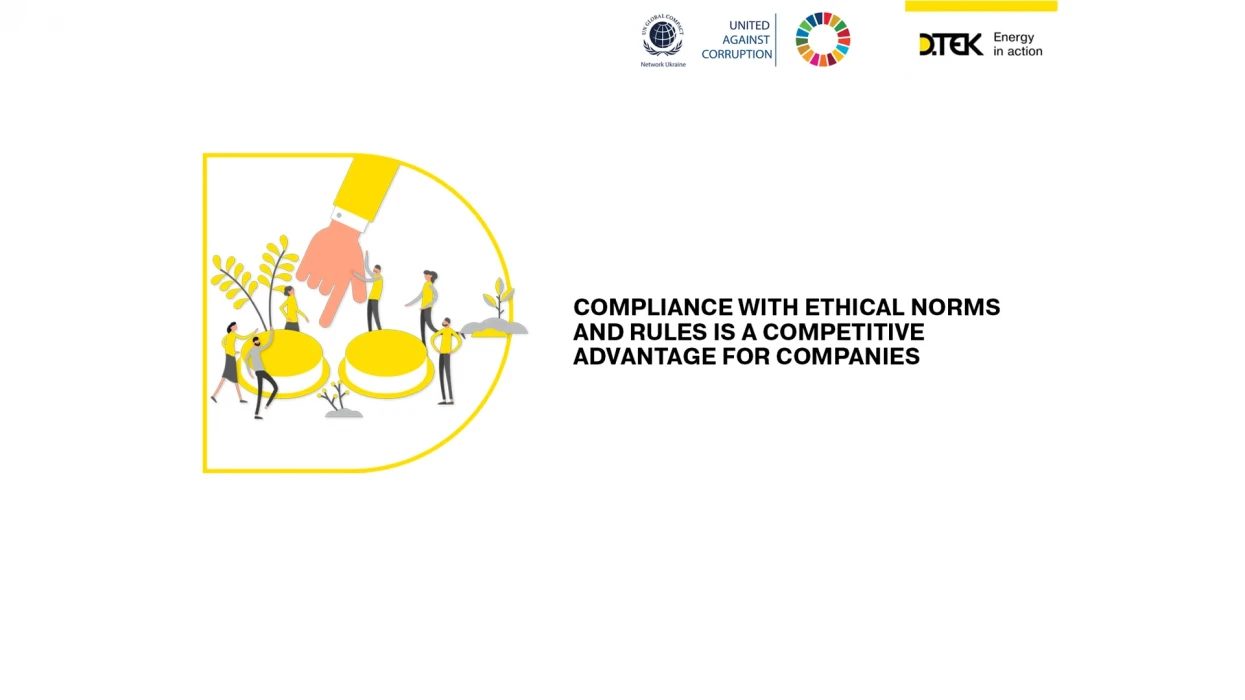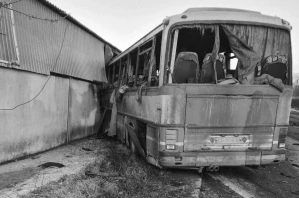Until recently, an anti-corruption programme was considered optional. However, today, investors are increasingly demanding proof of effective corporate compliance programmes. Companies that adhere to ethical norms and rules, therefore, gain a competitive advantage.
Today in Ukraine, the pressure to comply with transparency rules largely comes from international financial partners and big businesses, since it is a working tool for them. Therefore, the mission for big business is to unite to scale transparency practices.
That is why DTEK, together with business representatives and public organisations, signed a Memorandum on Joint Anti-Corruption Actions in Ukraine a year ago. This initiative, part of the UN Global Compact, is designed to help create a transparent environment in which corruption is impossible. In turn, the hope is it will stimulate the development of the economy, companies and society.
DETK has also become part of the international Anti-Corruption Collective Action initiative for collective action in the field of anti-corruption, and has joined the working group to create an online training course for small and medium-sized businesses. This is a forum for the exchange of ideas between compliance officers from medium and large businesses in Ukraine, as well as representatives of the public sector and public organisations with expertise in the implementation of anti-corruption policies. They share their ideas and experience to form approaches that will help small and medium-sized businesses build an anti-corruption culture, including the introduction of the necessary anti-corruption controls in business processes. The result is the creation of a transparent environment in Ukraine.
The working group focused only those approaches based on the best international practices and the compliance officers’ personal experience. The aim was to avoid the confusion that can arise from the complexity of existing anti-corruption principles, which are often incomprehensible.
I want to emphasize that the anti-corruption course for small and medium-sized businesses is not intended to create new standards or legally binding requirements. Its mission is to serve as a practical hands-on tool for companies seeking compliance advice.
The members of the working group have worked hard to unite the efforts of the state, civil society, and business in building a transparent environment that will reduce the level of corruption and enable the economy, companies and society to develop faster.
Yuliia Lastenko, DTEK Compliance Manager







